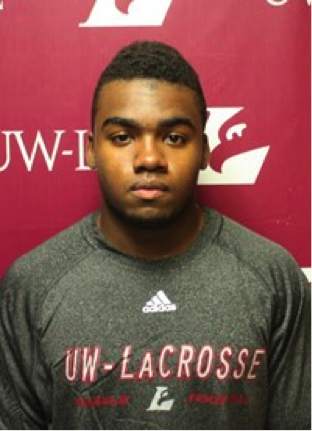Academic fraud geared toward athletes tarnishing school reputations
November 6, 2014
Should athletes be getting special treatment with academics when they are going through school, or should they be graded just like everyone else?
Since 2000, 25 schools have been found guilty of academic fraud. This typically happens when athletes are put into classes that are very lenient on grading, or “fake classes.” Getting caught results in large consequences, affecting the university as a whole.
On the NCAA website under academics, they stated they have “standards to make sure incoming student-athletes are prepared for college coursework, and by tracking their progress toward a degree once they’re on campus.”
Colleges always stress the importance of academics and athletics, but insist academics will always come first. There are punishments for failure to reach the requirements. The punishments could go from ineligibility and loss of playing ability, to termination of scholarships, at least in Division I and II. Division III does not give athletic scholarships, but there are still similar standards the athletes are held to and punishments for failure to comply. When universities are found of fraud, they also take a blow to their system. They will be revoked of scholarship money, therefore less students will be able to receive athletic scholarships.
Syracuse University is facing this penalty firsthand. If they are found to be guilty of academic fraud, they are taking away scholarships, which will affect the basketball program. Of the 25 cases that were reported since 2000, only two if the institutions did not see losses of scholarships or postseason bans.
The most recent investigation has been found at University of North Carolina. Over 3,000 students have been funneled through programs and classes in which they call “paper classes.” This has been going on for 18 years, and has been questioned and under some investigation for the last five years. The investigation has been picked up much more within the past eight months. In the history of the NCAA, this is the largest case of fraud due to the thousands that have gone through these programs.
Students in these classes are receiving grades that will keep their grade point averages high in order to keep them eligible for season. They complete assignments that are much more simplified in comparison to an average college course.
Sophomore football player Khadel Akindolire-King does not think there is obvious favoritism in the classroom for athletes.
He stated, “No, I haven’t experienced any bias for athletes. If anything, I feel athletes are held to a higher standard. In high school and college, athletes are expected to do well in their courses and on the field, at least what I have seen, but it seems like there are higher levels of expectations on the [Division] I level.”






